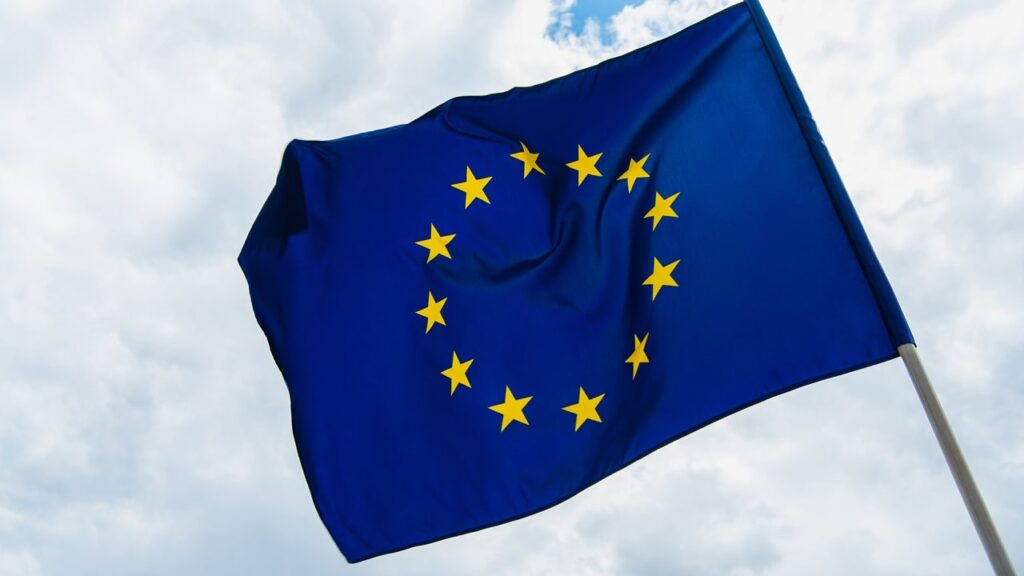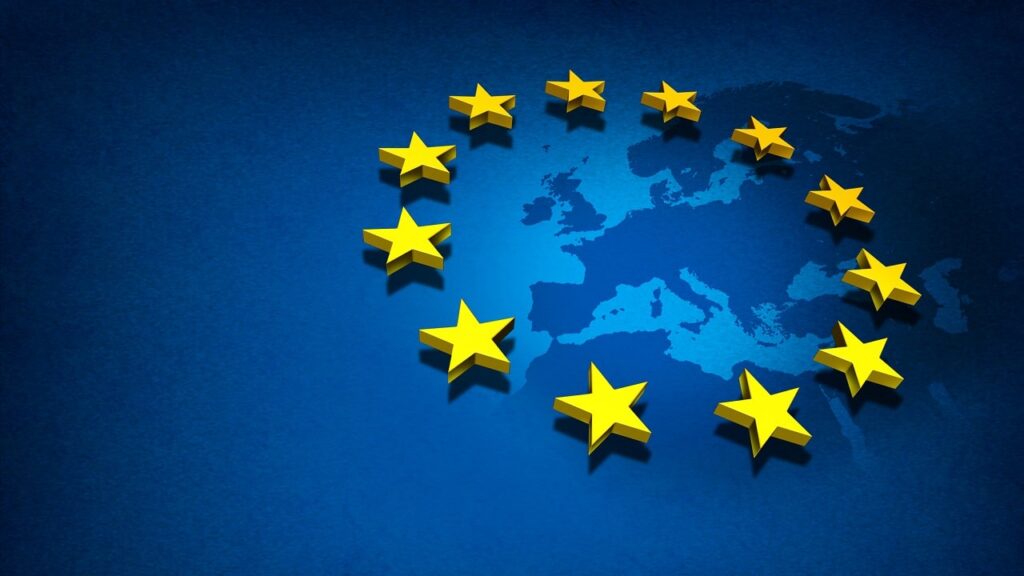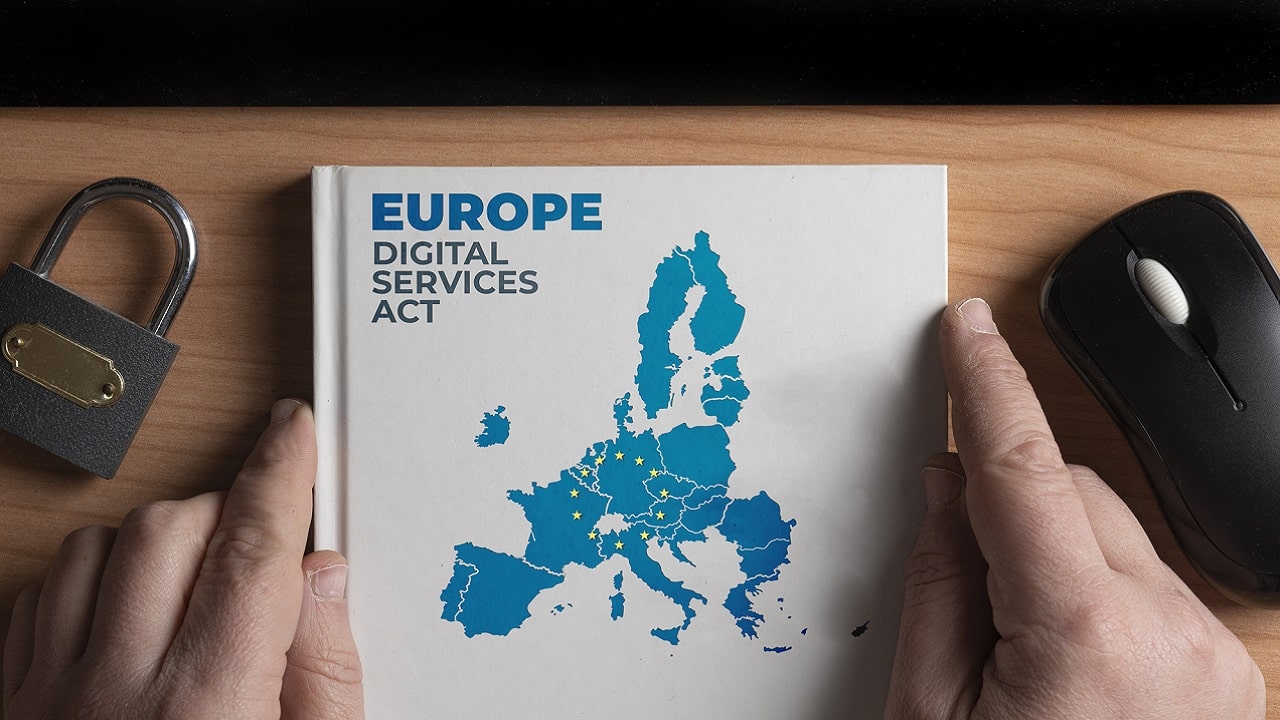Starting August 25, the European Union will implement a series of revolutionary rules with the entry into force of the Digital Services Act (DSA): but what changes for big tech companies – and for us consumers? This ambitious step marks an unprecedented effort to regulate what people encounter online. In this article, we understand which companies the measure will involve and what impact it may have on our use of these platforms.
Digital Services Act (DSA): what changes with the entry into force
The DSA represents a milestone in the regulation of technology companies. Also for its “internationality“: it will also regulate non-European companies (above all American, but also Chinese), at least when they operate on our continent. And its impact could be just as global, prompting changes even in countries where it will not come into force.
Security and privacy, with heavy penalties
One of the top priorities of the DSA is to ensure online user safety. The largest digital platforms, starting Friday, will have to comply with new regulations that aim to block the spread of harmful content that is illegal or violates the terms of service of the platforms themselves. This can include content of various kinds, praising genocide or promoting eating disorders such as anorexia. But the law also aims to protect privacy and freedom of expression of European citizens on platforms.

The consequences for online platforms that do not comply with the new rules they can be severecon many billionaires which could afflict those who do not comply. We are talking about percentages of global revenues, up to 6% of the collections of companies that have turnovers of tens or hundreds of billions of dollars, if not more. This threat has already pushed different platforms to make strides in making changes in order to comply with the rules of the DSA. Which had not happened with “fixed” and non-percentage fines.
Which companies will the DSA involve?
The normative will involve several companiesbut the hardest hit will be online platforms that have over 45 million users or more than 10% of the European population.
As Aljazeera points out, the rule will involve a total of 19 online platforms. Among them are eight social media platforms, including Facebook, TikTok, the former Twitter now known as X, YouTube, Instagram, LinkedIn, Pinterest e Snapchat. In addition to these, five online marketplaces, including Amazon, Booking.com, Alibaba e AliExpress from China and German Zalando. Even the app store giants, like Google Play and the Apple App Store. And also search engines like Google e Bing di Microsoft. Google Maps e Wikipedia close the list.
As you can see, there are several Google and Meta services, but also European companies and foundations such as Wikipedia. But many commentators point out the lack of some very popular platforms, in particular are not involved: eBay, Airbnb, Netflix and PornHub. However, the legislation establishes measures, not a fixed list: the Commission could add them in the future.
Digital Services Act: what actually changes?
What is actually changing? Platforms have started to develop new mechanisms for European users to report illegal online content or suspicious products. This content will have to be removed quickly and fairly, in compliance with the new rules.
For example Amazon has introduced a new way to report suspected illegal products and improved information about third-party sellers. TikTok has made an “additional reporting option” available to users for content, including ads, which they believe are illegal. Furthermore, it has formed a “new specialized team of moderators and lawyers” and the platform has announced that it will explain to the authors of the contents and to the reporters the reason for the removal. Additionally, TikTok users will be able to disable systems that suggest videos based on previous views.

Snapchat has announced that advertisers will not be able to create personalized ads for children under 18 (even in the UK, as well as the EU) and promised more transparency on user usage. TikTok has announced similar measures, but for children aged 13 to 17.
Wikimedia Foundation, the non-profit that manages the encyclopedia Wikipedia, has introduced new features to get more information about problematic users and content. And he specified that the changes will be global, not limited to just the EU.
Other platforms are still studying the regulations and have started experimenting with options to secure greater transparency on the use of user data.
Even those who oppose it seem to be respecting the rules
Zalando has announced legal action for unfair treatment under the DSA. But in any case, it has created a system to facilitate the reporting of illegal content on your platform. The objection does not lie in the usefulness of the legislation, but in the fact that Zalando says it does not have “the systemic risk” of other platforms. Amazon made a legal action on similar grounds, but both appear to be complying with the rules.
What do companies that do not comply with the DSA risk?
As we said, the Violations of the new Digital Services Act (DSA) rules could result in fines of up to 6% of companies’ global revenue. Or even the prohibition to operate in the EU. However, the penalties they will not be immediate for individual violationssuch as failing to remove inappropriate content.
The main focus of DSA is understanding whether tech companies have the proper processes in place to limit the harm their recommendation-based algorithms can cause to usersthe. In practice, companies will have to allow the European Commission to examine their algorithms to understand how they work.
So no single incident fines. Companies will need to demonstrate that they take online bullying and the dissemination of illegal content seriously. But also demonstrate transparency in digital advertising and in user profiling for harmful content such as disinformation and inappropriate content live streaming systems.
Audits will be the main compliance verification tool. Of system, not on individual cases. But the provision has meshes large enough to be able to adapt in the future: in addition to new platforms, new tools could arrive to verify and regulate.
From August 25, we will be able to understand if it will have a perceptible effect on our experience on social networks and online platforms. Which should become more transparent and secure. But as always, we need to move from intention to application: we’ll stay and watch.















Leave a Reply
View Comments